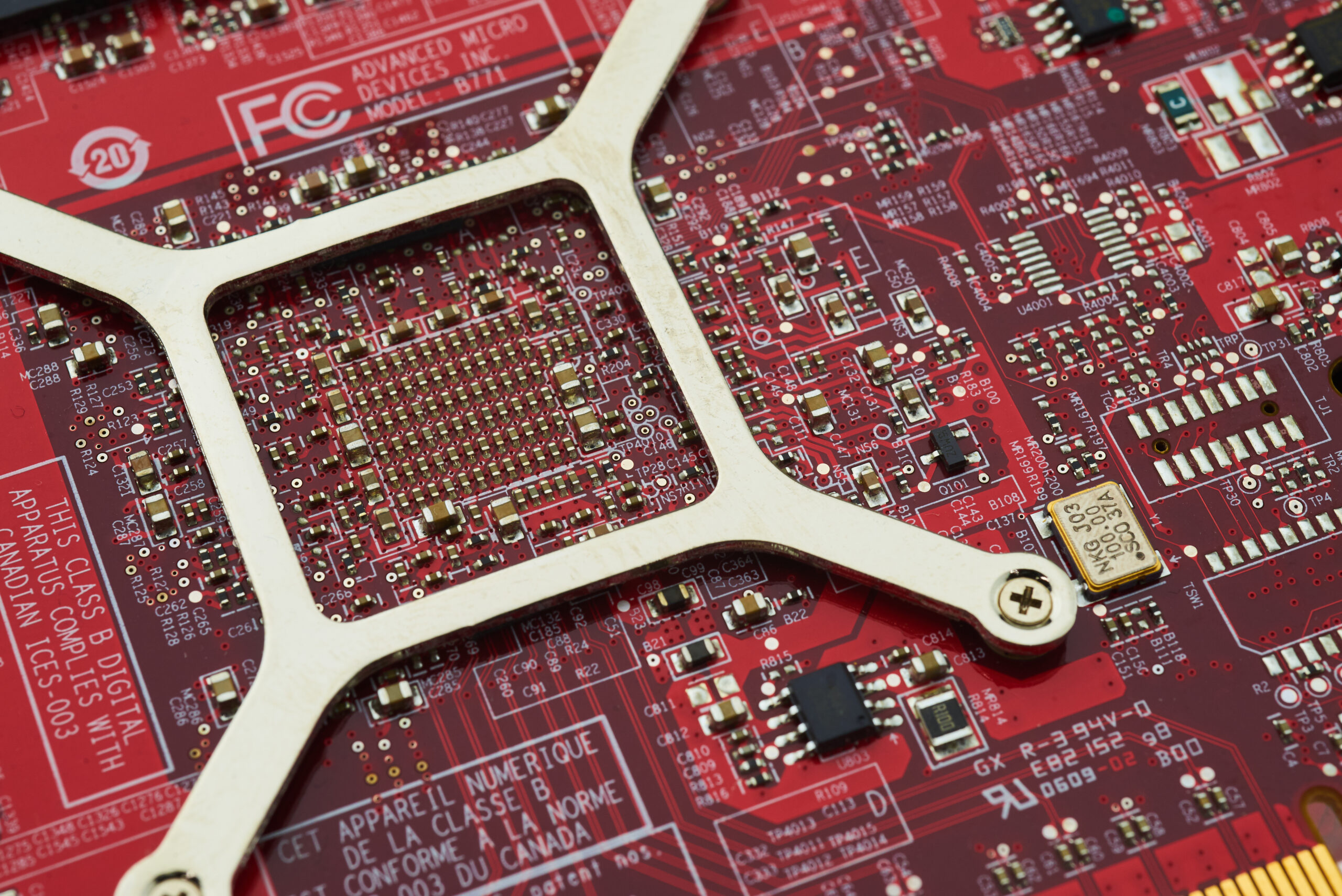Oil Trap Pumping: Maintain Your Kitchen Running Smooth
Ever considered the function of a small device in preventing business kitchen plumbing catastrophes? Oil trap cleaning goes beyond mere maintenance—it’s crucial for effective dining establishment culinary refuse management. These traps, vital for collecting fats, oils, and grease (FOG) produced during food preparation, avert clogs. Without consistent pumping, they can block, causing expensive repairs and operation interruptions. Let’s delve into the significance of grease interceptor pumping and its part in maintaining a seamless kitchen operation, all while adhering to ecological standards.
Understanding Grease Traps and Their Importance
Oil traps are essential for the efficient running of business kitchens and food processing facilities. They collect grease, fats, and solid waste before they enter the drainage system. This function is key for ensuring kitchen hygiene. It’s essential to understand how these traps work to ensure they operate efficiently and maintain a clean working space.
What are Oil Interceptors?
A grease interceptor, also known as a septic service near me, is a gadget intended to collect fats, oils, and grease (FOG) from effluent. Installed in the pipework of culinary spaces or food service establishments, it prevents these materials from entering the drainage system. This stops backups or clogs in conduits, avoiding costly repairs and potential hygiene issues.
How Do Grease Interceptors Function?
The operation of grease traps is depends on weight division. Effluent goes into the trap, where denser particles settle at the base. Meanwhile, lighter grease and grease float to the surface, creating a layer of FOG. This setup enables clearer liquid to exit the interceptor and move into the drainage system.
Regular checking of grease traps is crucial for their best performance. Upkeep includes taking out collected FOG and solids to prevent overflow and system breakdown. Correct fats, oils, and grease disposal through prompt upkeep makes sure culinary spaces operate smoothly and maintains hygiene.
Common Issues with Oil Interceptors
Oil interceptors are vital for maintaining culinary spaces clean and operating well, especially in the meal service sector. Ignoring them can cause numerous issues that affect operations. Knowing these problems helps in focusing on drainage system maintenance for improved functionality.
Blockages and Blockages
Clogs and blockages are significant worries with grease traps. They often stem from fats, oils, and greases (FOG) buildup. This collection can clog water flow, causing sewage clogs. Thus, frequent pipe clearing is crucial to prevent these clogs. Consistent checks help identify blockages in advance, stopping larger problems.
Bad Odors and Insect Invasions
Ignoring grease traps also causes foul odors and pest infestations. Accumulated organic material causes bad smells, rendering the kitchen unpleasant to work in. These odors attract insects, heightening hygiene risks. A consistent maintenance schedule for grease traps is crucial to handling food serving industry refuse effectively. It ensures a sanitary, pest-free environment, promoting a safer kitchen environment.
Grease Trap Cleaning: Crucial Upkeep for Your Kitchen
In the world of restaurants and business kitchens, grease trap pumping is vital for upkeep. Ensuring your grease interceptor remains in top condition is crucial for both functional effectiveness and environmental compliance. It’s important to understand the best cleaning frequency and to recognize signs that signal the need for maintenance. This knowledge can significantly reduce expenses and conserve effort over time.
Frequency and Scheduling of Pumping
Choosing the right pumping frequency for grease traps depends on several factors. The capacity of the trap and the volume of fats, oils, and grease (FOG) your kitchen produces are key considerations. Typically, it’s recommended to pump grease traps every 1 to 3 months. Frequent checks assist in ensuring smooth operations and compliance to regional legal standards.
Indicators That Your Grease Interceptor Needs Pumping
Being aware for indicators that your grease interceptor requires cleaning can avoid more severe problems. Look out for these signals:
- Slow drainage: If sinks empty more slowly than normal, it could indicate the grease trap is clogged.
- Frequent pipework clogs: Regular clogs indicate a grease interceptor struggling to handle waste volume.
- Foul odors: A bad odor near the interceptor signals it’s necessary for cleaning.
Addressing these indicators promptly improves functioning and guarantees environmental compliance for dining establishments. Consistent maintenance avoids expensive repairs and promotes a sanitary culinary environment.
Benefits of Frequent Grease Interceptor Maintenance
Frequent maintenance of grease interceptors is vital for your culinary space’s effectiveness and functionality. A regular schedule for checks and clearing prevents disruptions and ensures a safe, hygienic culinary area. This preventative method is key to a well-run kitchen.
Avoiding Costly Repairs
Proactive maintenance assists kitchen operators spot and fix issues early. Routine checks identify blockages and blockages, preventing expensive repairs that could stop functioning. Each maintenance session makes sure grease traps work efficiently, reducing the chance of plumbing breakdowns and emergencies.
Enhancing Kitchen Sanitation
Regular maintenance of grease interceptors boosts kitchen hygiene. It lowers grease and meal particles, reducing the risk of bad smells and microbes. A clean grease interceptor provides a safer cooking space and meets meal safety standards, essential for customer satisfaction. Effective maintenance has a major positive impact on kitchen functions.
| Benefit | Explanation | Effect on Kitchen Functions |
|---|---|---|
| Cost Savings | Reduces the risk of unexpected pipework issues that incur expensive repair expenses. | Guarantees continuity of business without unplanned disruptions. |
| Enhanced Sanitation | Minimizes bad smells and bacteria associated with grease buildup. | Creates a clean and safe space for food preparation. |
| Adherence | Fulfills regulatory standards by maintaining cleanliness. | Avoids fines and legal issues due to poor kitchen sanitation methods. |
Choosing the Right Oil Trap Cleaning Provider
Choosing a trustworthy grease interceptor maintenance provider is essential for maintaining optimal performance in restaurants and business culinary spaces. It’s essential to choose a company with broad expertise in grease trap upkeep. Firms like Oil Interceptor Pumping Service ensure compliance with regional regulations and provide thorough cleaning to maintain your grease traps efficient.
Expertise and Expertise in Services
A well-known service boasts a proven track record in managing grease traps efficiently. Their experience in commercial pipework offerings enables them to identify potential problems early. With knowledgeable technicians, companies can anticipate detailed cleaning and upkeep routines customized to each culinary space’s unique needs. This approach extends the longevity of the drainage system.
Environmental Accountability in Refuse Management
Service quality isn’t the only consideration; ecological compliance is equally vital. The best grease interceptor maintenance company prioritizes sustainable waste disposal methods. Efficiently managing the collection and disposal of grease and solids demonstrates a dedication to eco-friendliness. By choosing a provider that aligns with these principles, companies can ensure their grease trap maintenance is both effective and eco-friendly.


